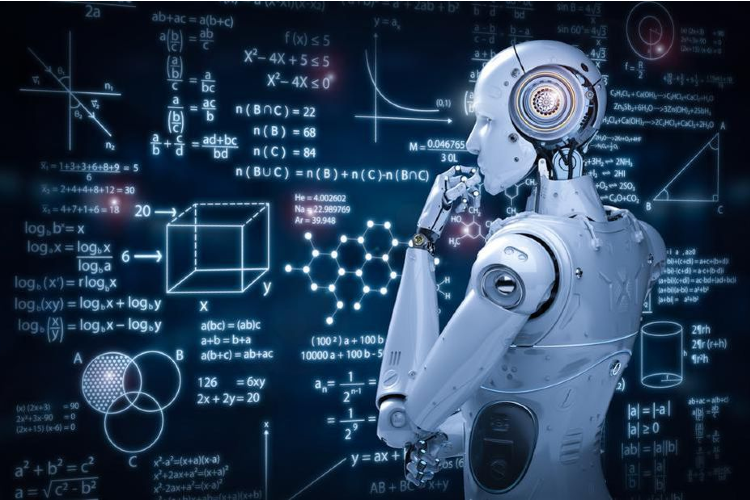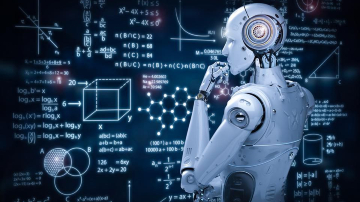
Machine learning is a subset of artificial intelligence (AI) that is concerned with building systems that can learn from data and improve their performance over time without being explicitly programmed. It has become one of the most rapidly evolving technologies in recent years, with a broad range of applications across various industries, from healthcare to finance and manufacturing.
Machine learning algorithms can be broadly classified into three types: supervised learning, unsupervised learning, and reinforcement learning. Supervised learning involves training a machine learning model on a labelled dataset, where the model learns to predict outputs based on inputs. Unsupervised learning, on the other hand, involves training a model on an unlabeled dataset, where the model tries to discover hidden patterns and structures in the data. Finally, reinforcement learning involves training a model through a system of rewards and punishments, where the model learns to take actions that maximise its reward.
One of the most exciting applications of machine learning is in the field of natural language processing (NLP). NLP is concerned with building systems that can understand and generate human language. With the rise of chatbots and virtual assistants, NLP has become increasingly important. Machine learning models can be trained on large datasets of text to recognize patterns and generate responses that are natural-sounding and relevant.
Another area where machine learning is making a significant impact is in healthcare. Machine learning models can be used to analyse large amounts of medical data and help doctors make better diagnoses and treatment plans. For example, machine learning algorithms can analyse medical images to detect tumours and other abnormalities that may be missed by human radiologists.
In manufacturing, machine learning is being used to improve the efficiency and quality of production processes. By analysing data from sensors and other sources, machine learning algorithms can identify patterns that can be used to optimise production processes and reduce waste.
Finally, in finance, machine learning is being used to detect fraud and make more accurate predictions about market trends. By analysing large amounts of financial data, machine learning algorithms can identify patterns and make predictions about stock prices and other financial metrics.
Machine learning is a rapidly evolving technology that has a broad range of applications across various industries. From healthcare to manufacturing and finance, machine learning is being used to improve efficiency, accuracy, and quality in a variety of fields. As the technology continues to evolve, we can expect to see even more exciting applications in the future.







